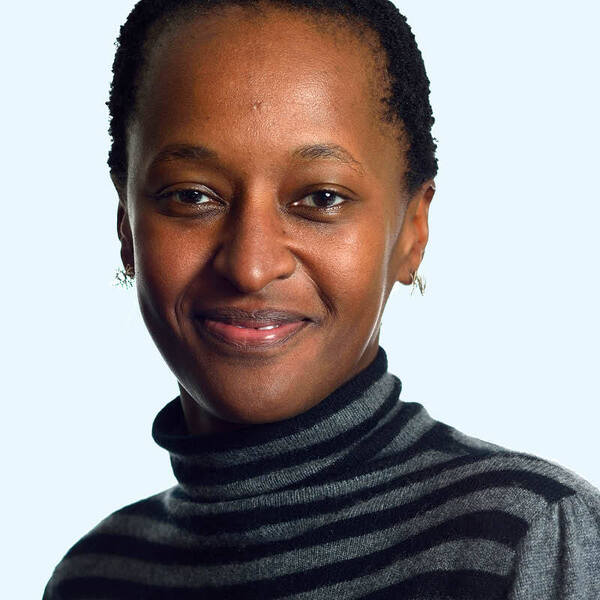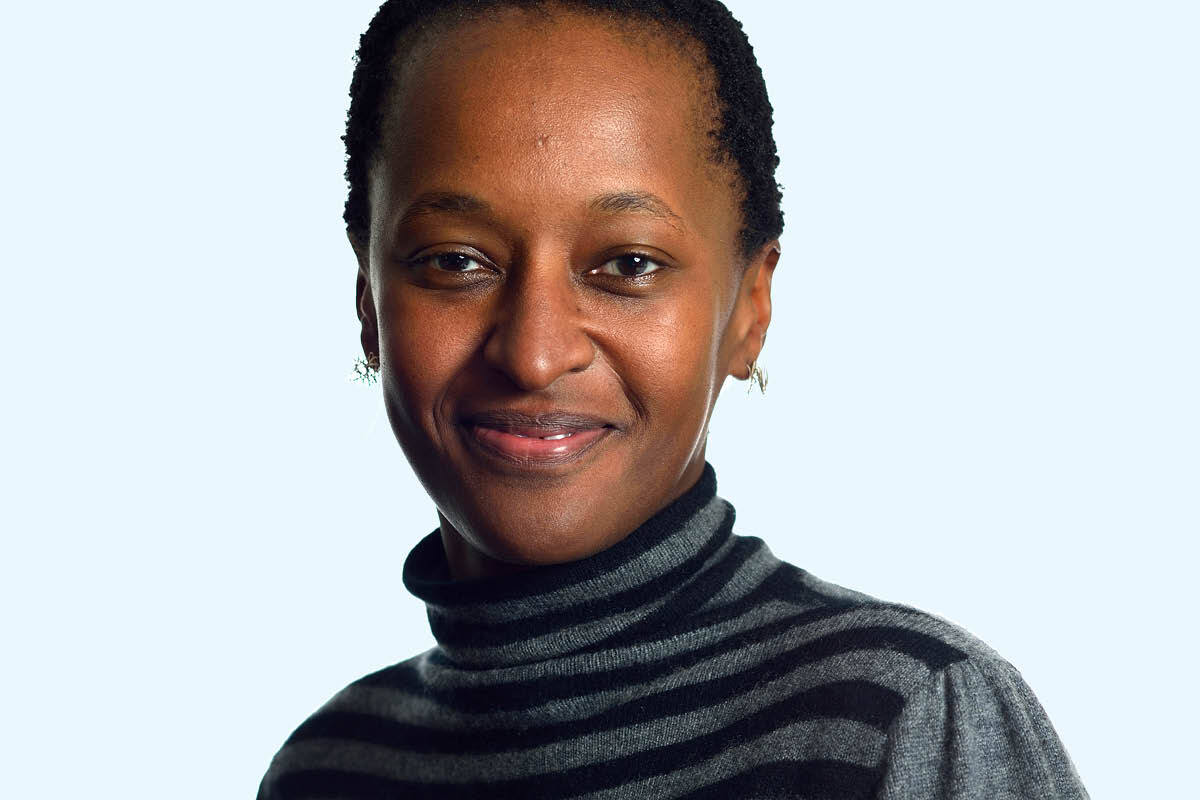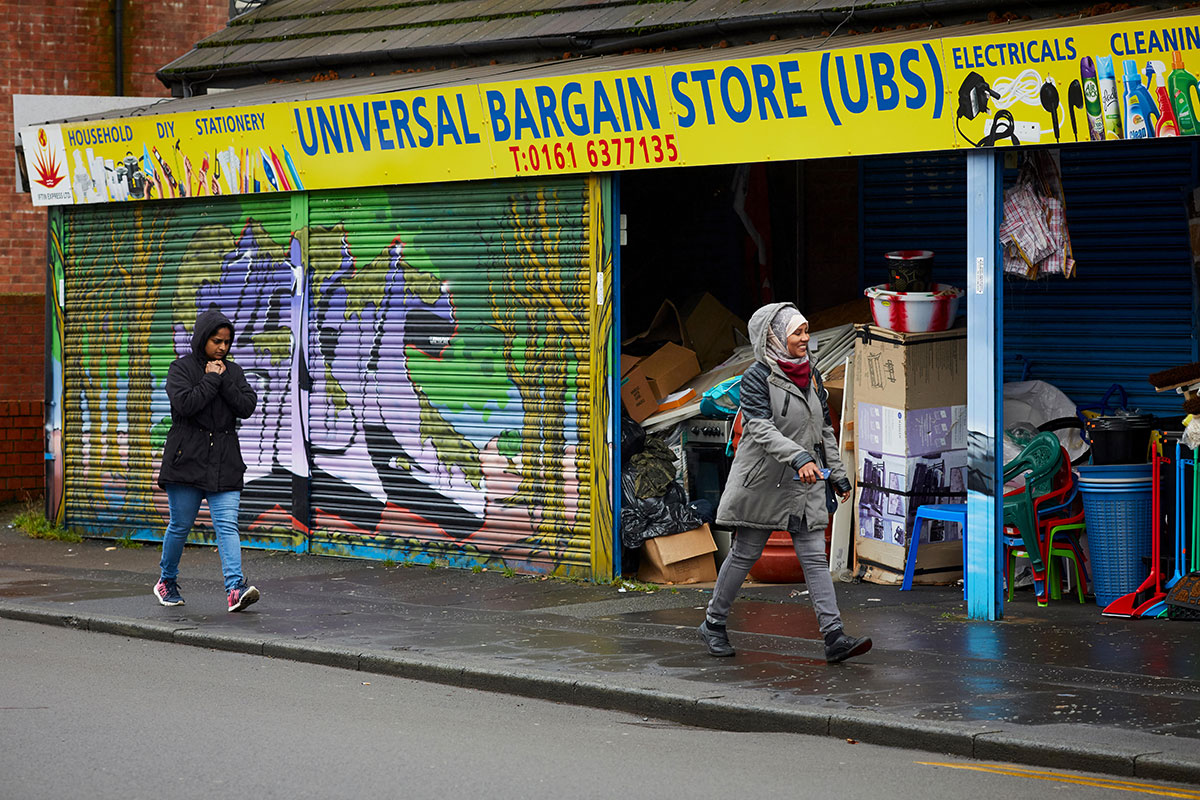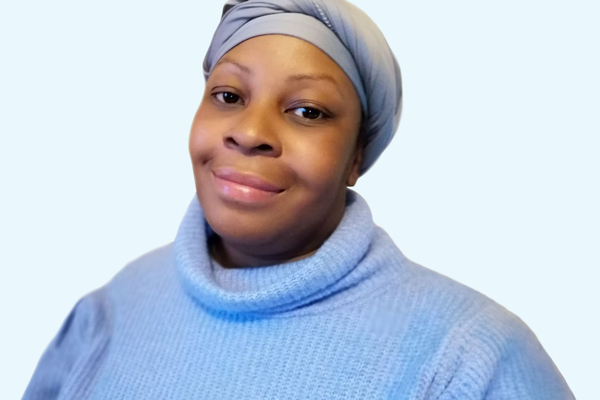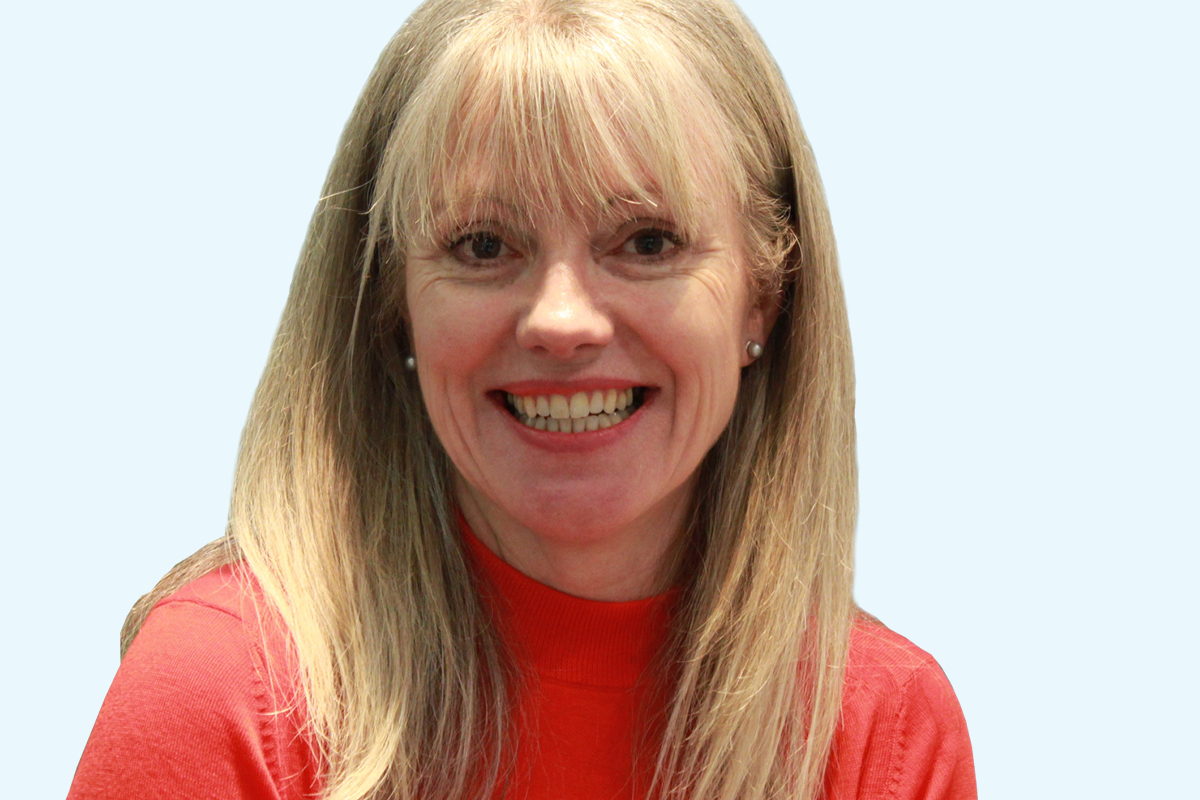You are viewing 1 of your 1 free articles
Our female residents are experts – we should listen to them carefully
Women living in social housing have individual needs, challenges, and expectations of their landlord, writes Fayann Simpson, senior independent director and chair of the Resident Services Board at L&Q
Each year in March, the world celebrates International Women’s Day. This day marks a time when we as women reflect on how far we’ve come, and as a society we think about how we’re challenging the status quo and working towards change.
This year the organisers are encouraging us to inspire inclusion. Creating opportunities for women to have their voices heard is essential – we all have a responsibility to make those around us feel welcomed and accepted. Yet all too often, women are made to doubt the power of their perspectives and the value they bring to the workplace.
Research has shown that women tend to be less confident than men, even when their abilities are equal. Referred to as the confidence gap, this disparity begins early in life, as girls are often discouraged from taking risks and praised for being quiet.
This affects all organisations, but particularly social landlords. Why? Because the issues of housing and gender inequality are connected – and always have been. From the birth of the social housing model to the present day, women have been instrumental in fighting for better housing rights.
Octavia Hill revolutionised the rental market, employing a team of women at the heart of her innovative operation at a time when they didn’t even have the right to vote. In the aftermath of the tragedy, Women for Grenfell called for justice and accountability from those responsible, and their campaigning paved the way for the Social Housing (Regulation) Act.
Whether it’s someone who is fleeing domestic abuse but has nowhere to stay, or a hard-working single mother who can’t feed her family and pay rent – women face the realities of the housing crisis every day.
“Social landlords need to listen to what their female residents are saying and act on this intelligence to keep them safe and happy, and to continuously improve services”
Not only do women make up the largest group of social renters, but they are also more likely to claim benefits, have lower incomes, and bear the brunt of unpaid labour at home. Disproportionately impacted by the cost of living crisis, it is often women who are making choices to skip meals, reduce energy use and cut down on spending.
Social landlords need to listen to what their female residents are saying and act on this intelligence to keep them safe and happy, and to continuously improve services.
As an involved resident with over 20 years’ experience in many different roles, I bring my expertise to L&Q’s boardroom. I use the word ‘expertise’ because that is exactly what it is. I bring a broad range of experiences that are different from others in the room and add something new and important to the conversation. People are interested in hearing what I have to say because I live with L&Q’s services every day and see what works and what doesn’t.
Contributing to male-dominated industries such as construction and development can be intimidating for women, whether they are an employee or a resident.
From self-help books to confidence coaching, the popular advice to ‘lean in’ and be more confident assumes that it is women who are holding themselves back. Not only does this blame them for not taking the right steps, it also stops social landlords from reflecting on how they can be more inclusive.
The onus should be on the sector to open up traditionally male spaces for everyone, so that female colleagues and residents feel at ease and able to contribute.
A gendered lens is needed to improve inclusion, but also one that looks at other forms of inequality and how they intersect. Women living in social housing have individual needs, challenges and expectations of their landlord. Add the intersection of being a woman of colour and these differences are greater still.
Social landlords should recognise the rich variety of experiences and insights that women bring to the table – and avoid a one-size-fits-all approach.
“Social landlords should recognise the rich variety of experiences and insights that women bring to the table – and avoid a one-size-fits-all approach”
Over the past few years, L&Q has been on a journey to transform its resident involvement offer. This began with the creation of their Resident Services Board (RSB), of which I am the chair. The RSB is a 50/50 split of men and women. This means that female residents have a strong voice at the highest level of governance within the organisation and are involved in setting the strategy and holding L&Q to account.
As part of its new approach, L&Q is aiming to provide a growing menu of flexible opportunities for residents to get involved on a wide variety of topics. The neighbourhood champion role is pivotal to improving service delivery and an excellent way for residents to influence change on a local level. L&Q’s eyes and ears on the ground, they provide feedback on communal issues and services and are a voice for other residents who may find it difficult to speak up.
The world has changed considerably since Octavia Hill chose to inspire inclusion. While there are lots of achievements to celebrate, our applause should be tempered in the knowledge that there’s still much to do.
For L&Q, this is the beginning of a long journey. By meaningfully engaging with the people who live in their homes, they are aiming to drive a cultural shift in the organisation and deliver a better service for residents – both male and female alike.
Fayann Simpson, senior independent director and chair of Resident Services Board, L&Q
Sign up for our daily newsletter
Already have an account? Click here to manage your newsletters
